Fixed charges in Virginia
What are fixed charges? Your utility bill contains various types of charges. Some of these charges increase or decrease depending on how much electricity you use. Other charges, known as…
July 7, 2024
Browse our list of resources to learn more about going solar and solar policy — nationwide or locally in your area.
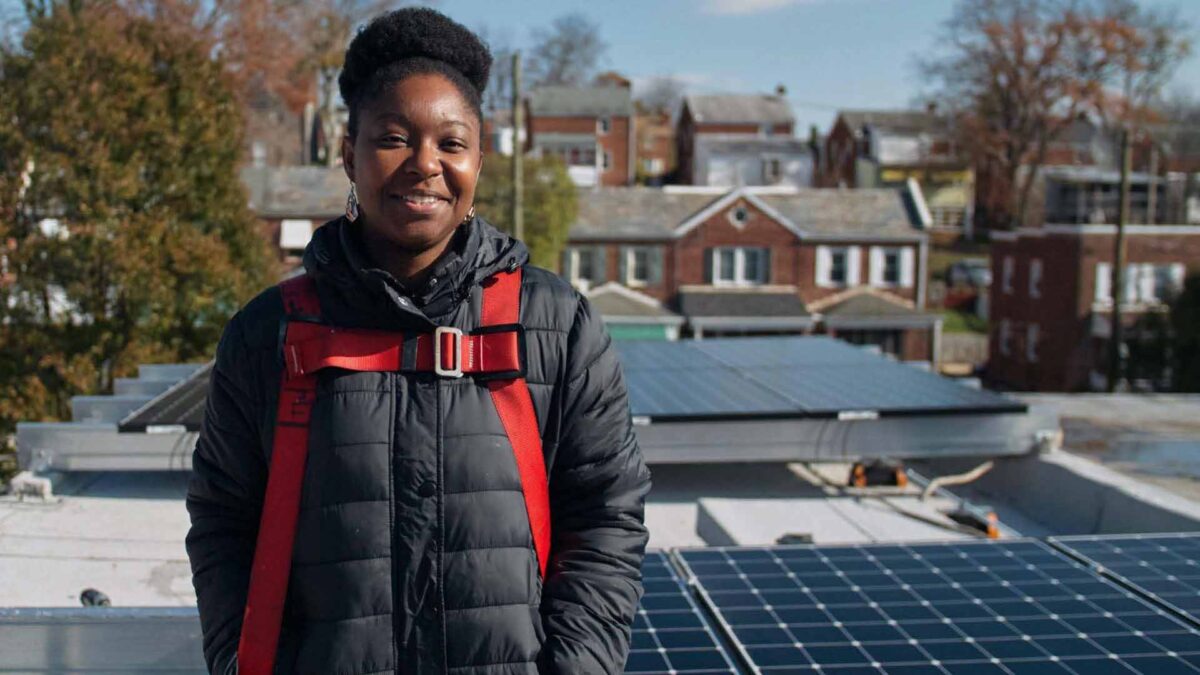
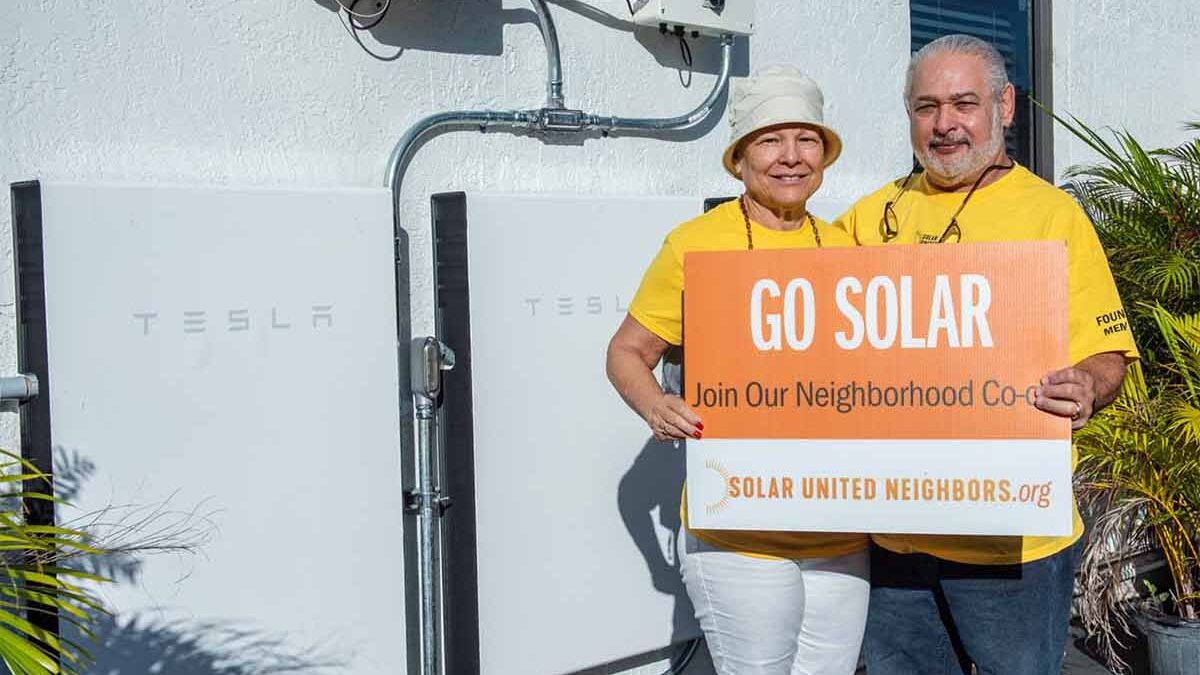
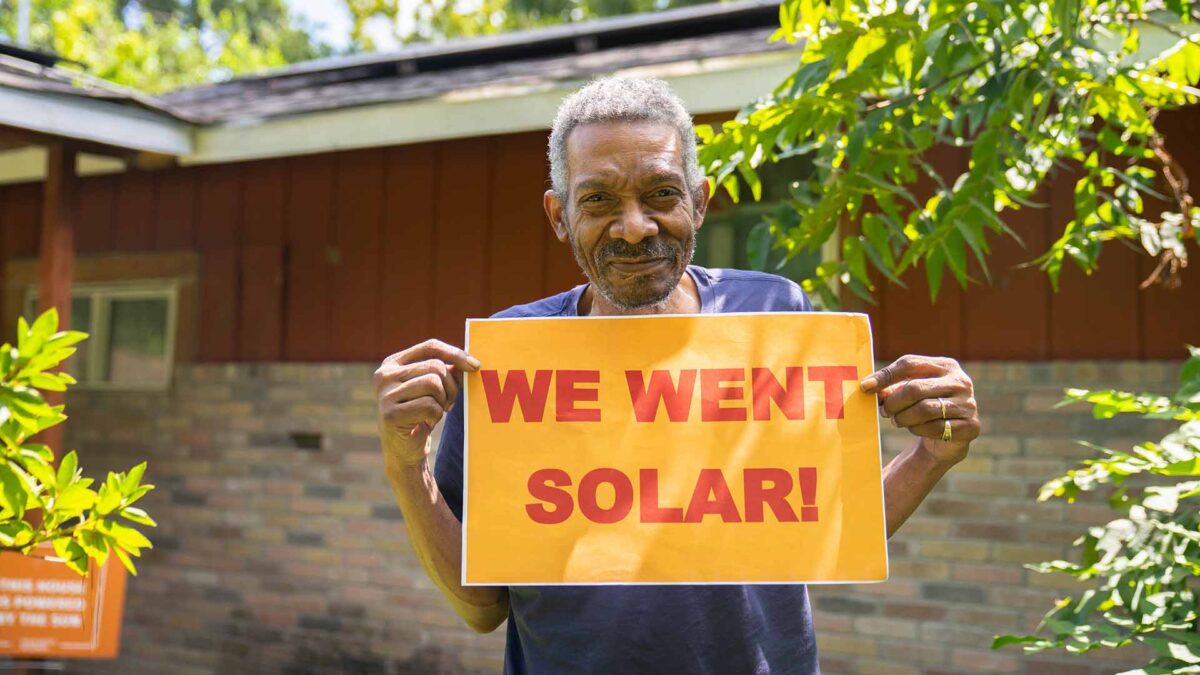
July 7, 2024
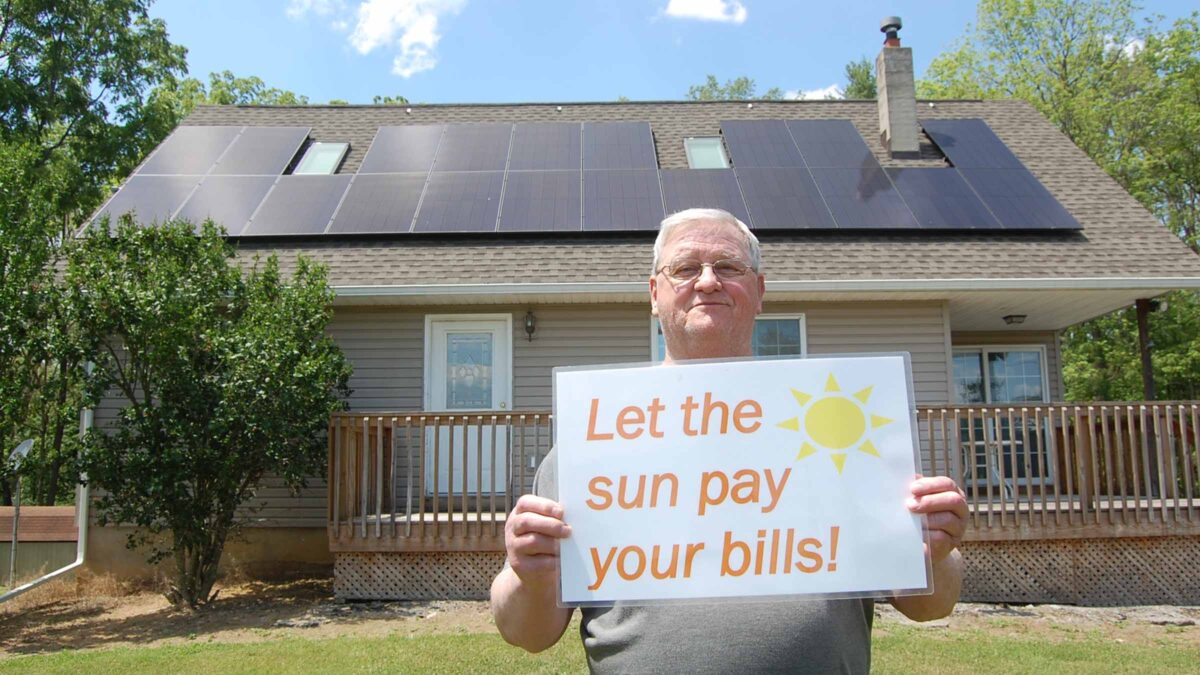
May 31, 2024
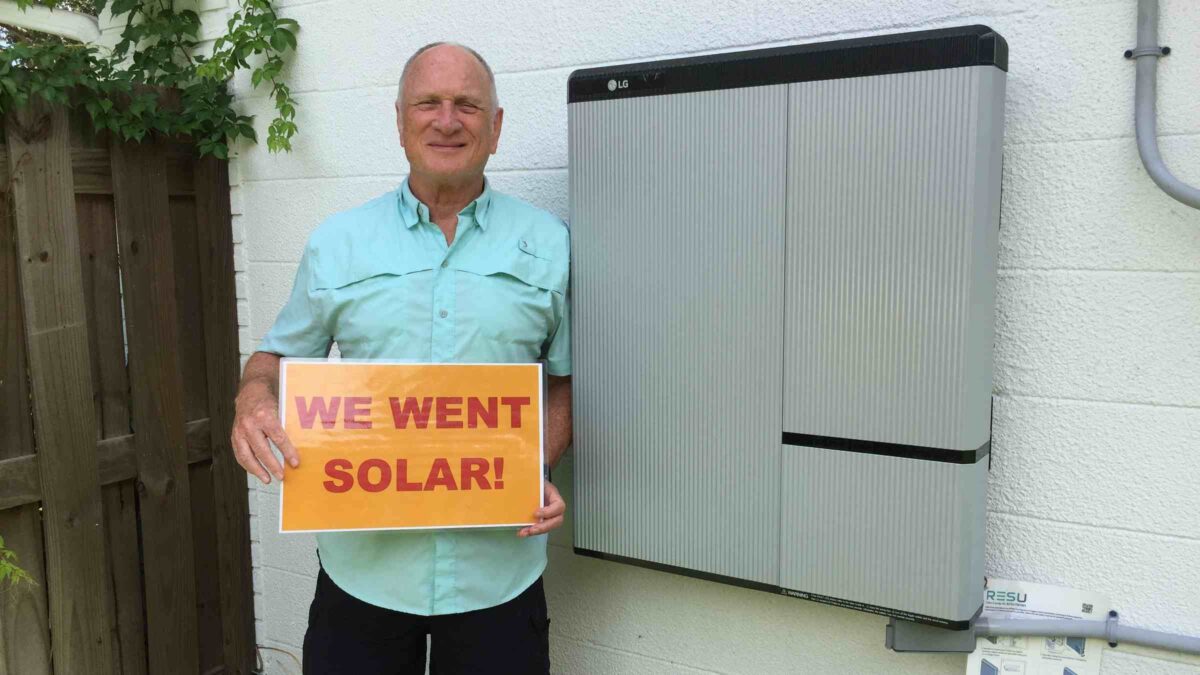
May 28, 2024
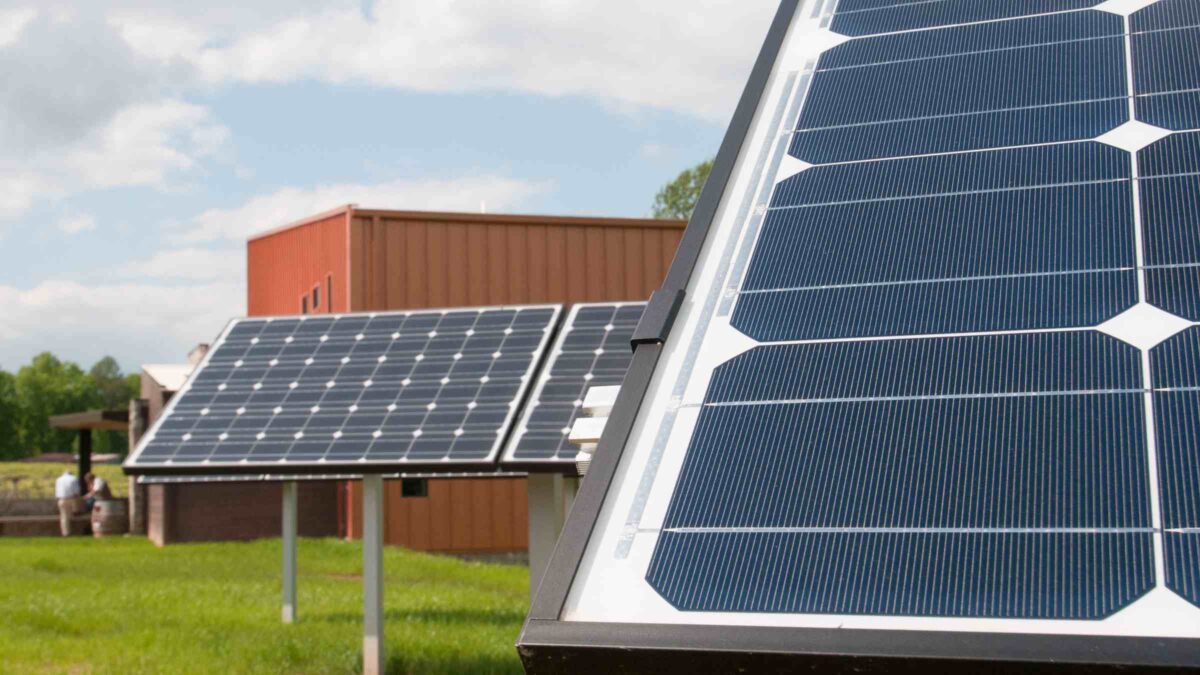
April 29, 2024
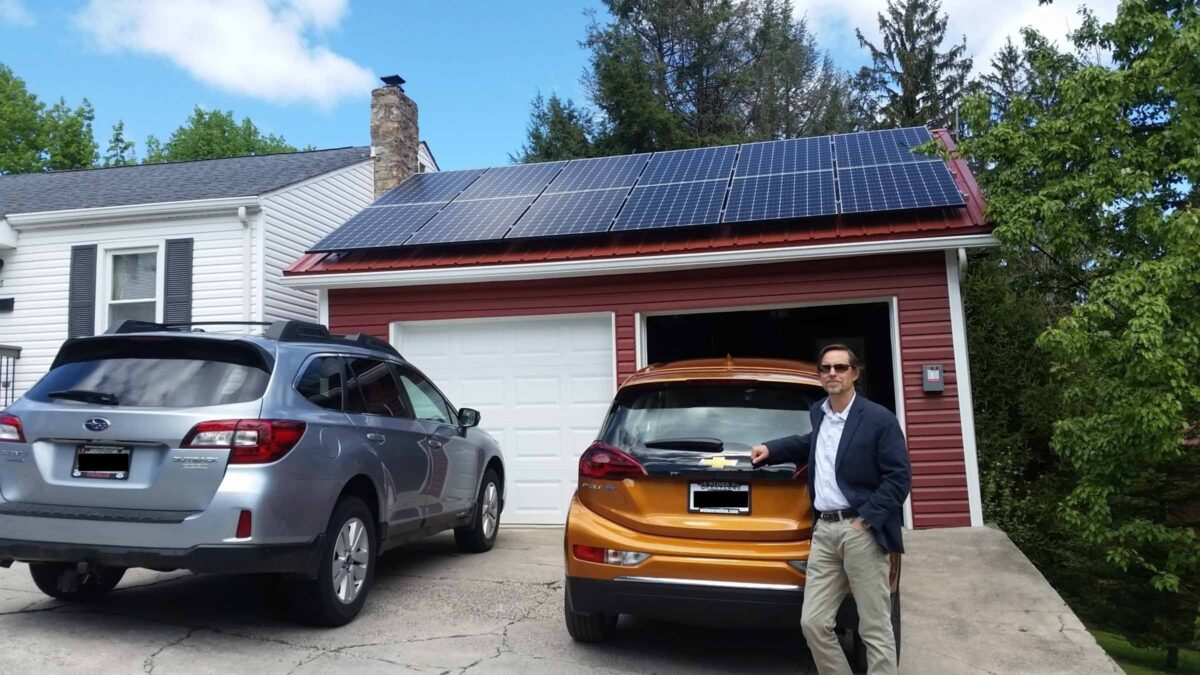
April 29, 2024
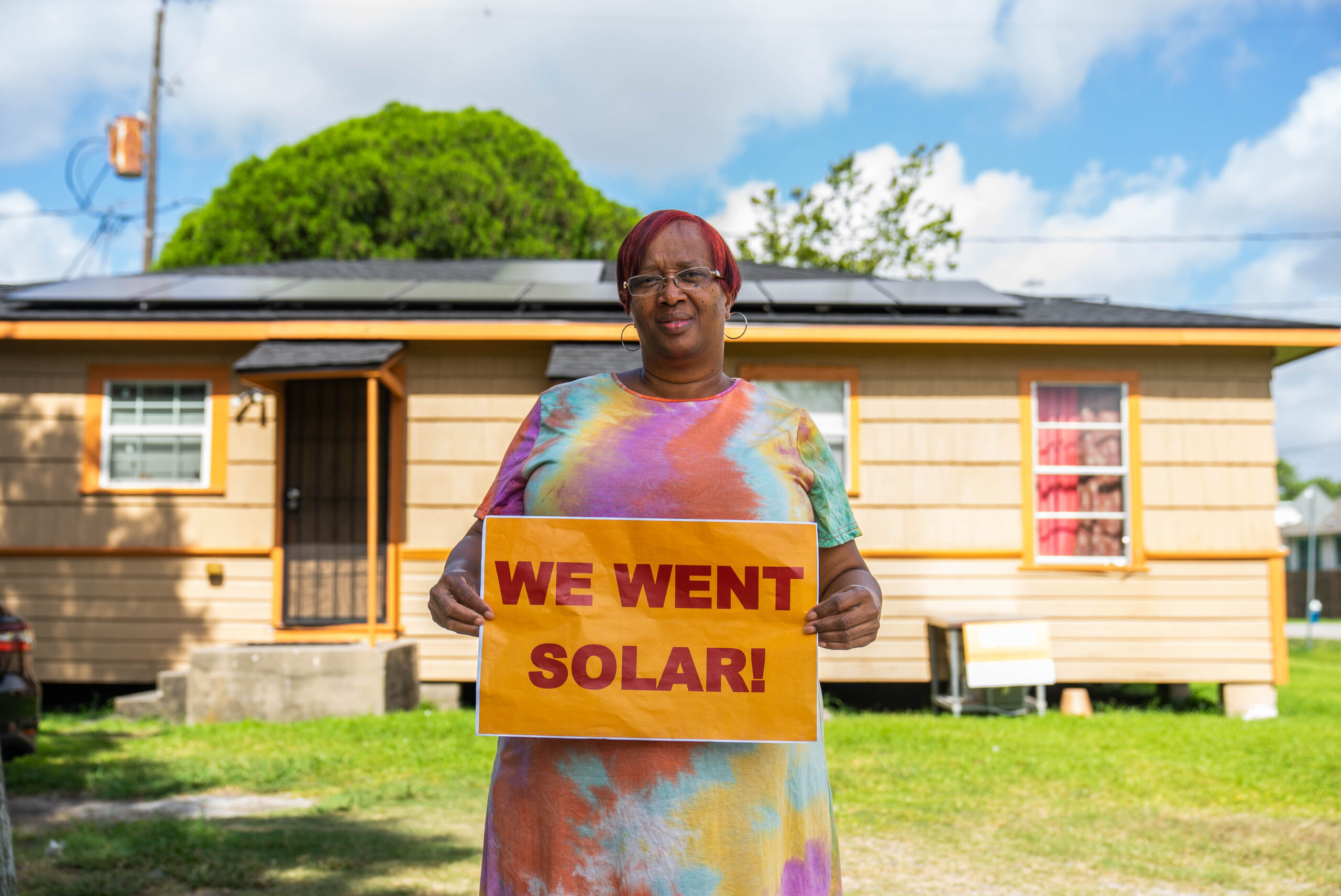
April 28, 2024
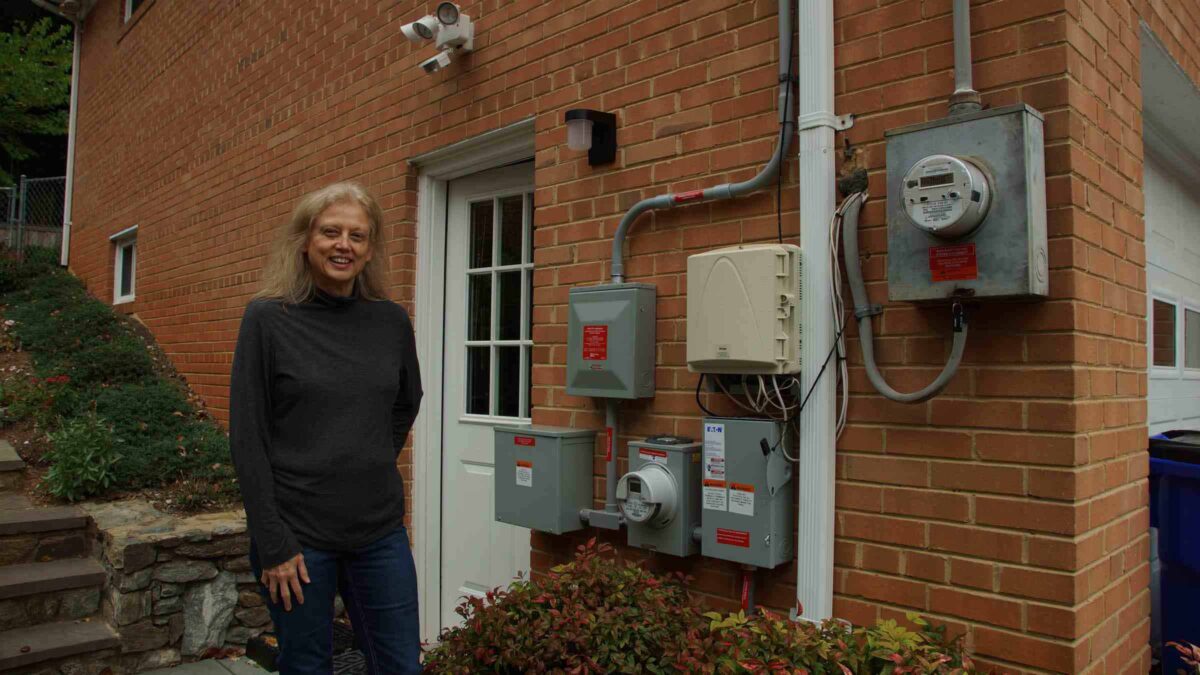
April 24, 2024
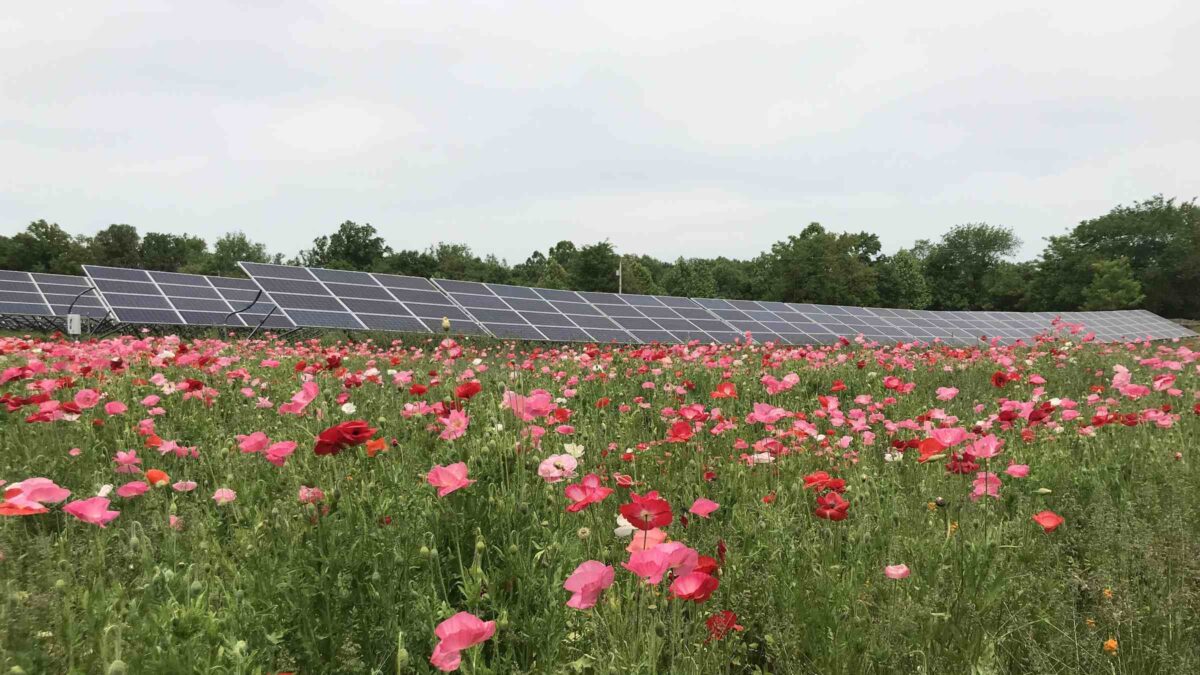
April 19, 2024
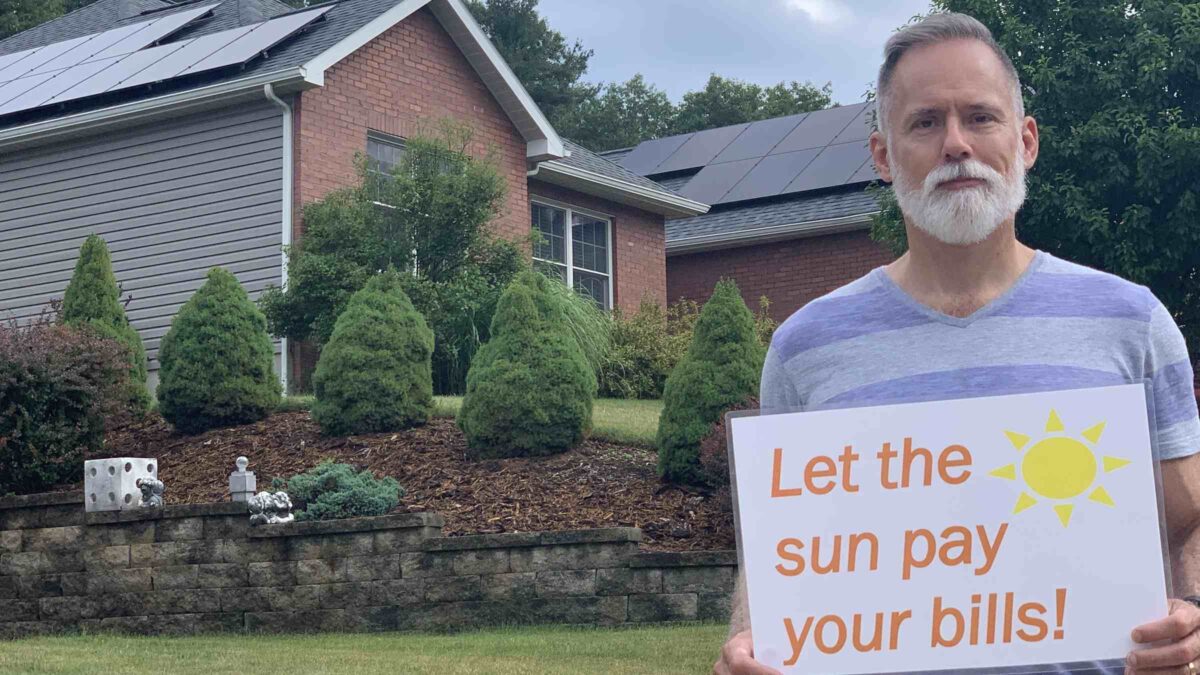
Everyone has the right to go solar. Spread the sunshine nationwide and in your local community by taking action, joining events, and more.